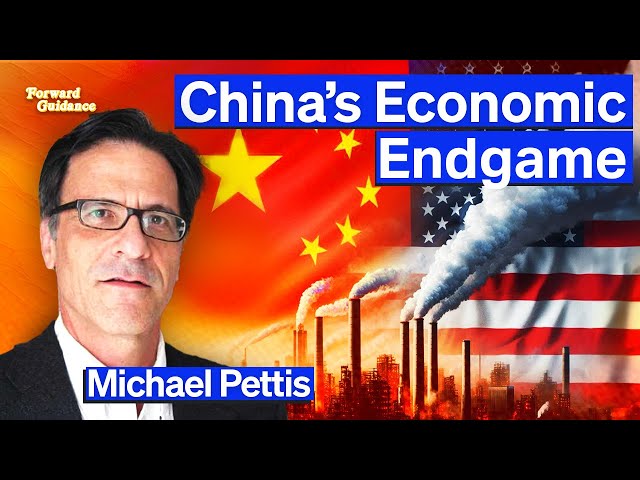Podcast Summary
In this episode, the hosts discuss a range of economic topics, including the Federal Reserve’s upcoming meeting, the re-acceleration of inflation, and the manipulation of non-farm payroll data. They also delve into the current state of the housing market, the challenges faced by small businesses, and the rising costs of raw materials. The hosts further explore the impact of high interest rates, the dynamics of the auto industry, and the geopolitical factors influencing economic policies. They conclude by sharing their investment strategies and positions.
Key Takeaways
Manipulation of Non-Farm Payroll Data
- Questioning Data Trustworthiness: The hosts express skepticism about the trustworthiness of non-farm payroll data, suggesting that it can be manipulated to support a particular narrative. They highlight a consistent pattern of negative revisions and suggest that large hedge funds and sophisticated market participants have their own alternative data sources to see through the manipulation.
- Indication of Economic Health: Non-farm payrolls, which represent the total number of U.S. workers excluding certain sectors, are used as a proxy for the health of the economy and labor market. The hosts note that the reported number is often revised in subsequent months, suggesting a trend of manipulation.
State of the Housing Market
- Impact of High Interest Rates: The hosts discuss the challenges posed by high interest rates in the mortgage market, making it difficult for many Americans to afford new mortgages. They note that the demand for housing remains robust due to affluent individuals with excess liquidity, but the supply side is suffering due to a lack of inventory.
- Resilience of the Housing Market: Despite negative data surrounding the housing market, the hosts observe that the overall trend remains resilient due to the supply-demand dynamics and interest rate factors. They predict that the interest rate environment and limited housing supply in certain markets will further drive up housing prices.
Challenges Faced by Small Businesses
- Declining Revenues: The hosts discuss the decline in small business revenue, attributing it to the squeeze on consumption as there is less disposable income in the economy due to interest payments and other factors. They note that when small business sales decline and costs increase, businesses are forced to contract, leading to a decrease in hiring and potential layoffs.
- Rising Costs: The hosts highlight the rising costs of raw materials and labor, predicting a predictable outcome. They mention a spike in bankruptcies, although not to the extent they expected, and suggest that many “zombie” companies were propped up during the pandemic but should have gone bankrupt, leading to an expected increase in bankruptcies in the future.
Geopolitical Factors Influencing Economic Policies
- China’s Dominance in the EV Market: The hosts discuss China’s rapid ramp-up of EV production and its control over 90% of the supply of batteries. They note that the EU is considering investigating subsidies and imposing tariffs on cheap Chinese EVs, but this could lead to retaliation from China.
- Impact on Inflation: The hosts suggest that the ongoing negotiations and dynamics between China, the EU, and the US are likely to result in higher prices for goods and inflation. They express concern about modeling inflation in the current situation.
Sentiment Analysis
- Bearish: The hosts express a bearish sentiment towards the current economic situation, highlighting the challenges posed by high interest rates, the manipulation of non-farm payroll data, and the declining revenues of small businesses. They also express concern about the rising costs of raw materials and labor, and the potential for an increase in bankruptcies.
- Neutral: While the hosts express concern about the current economic situation, they also acknowledge the resilience of the housing market and the robust demand for housing. They also discuss their investment strategies and positions, indicating a neutral sentiment towards certain sectors and industries.












